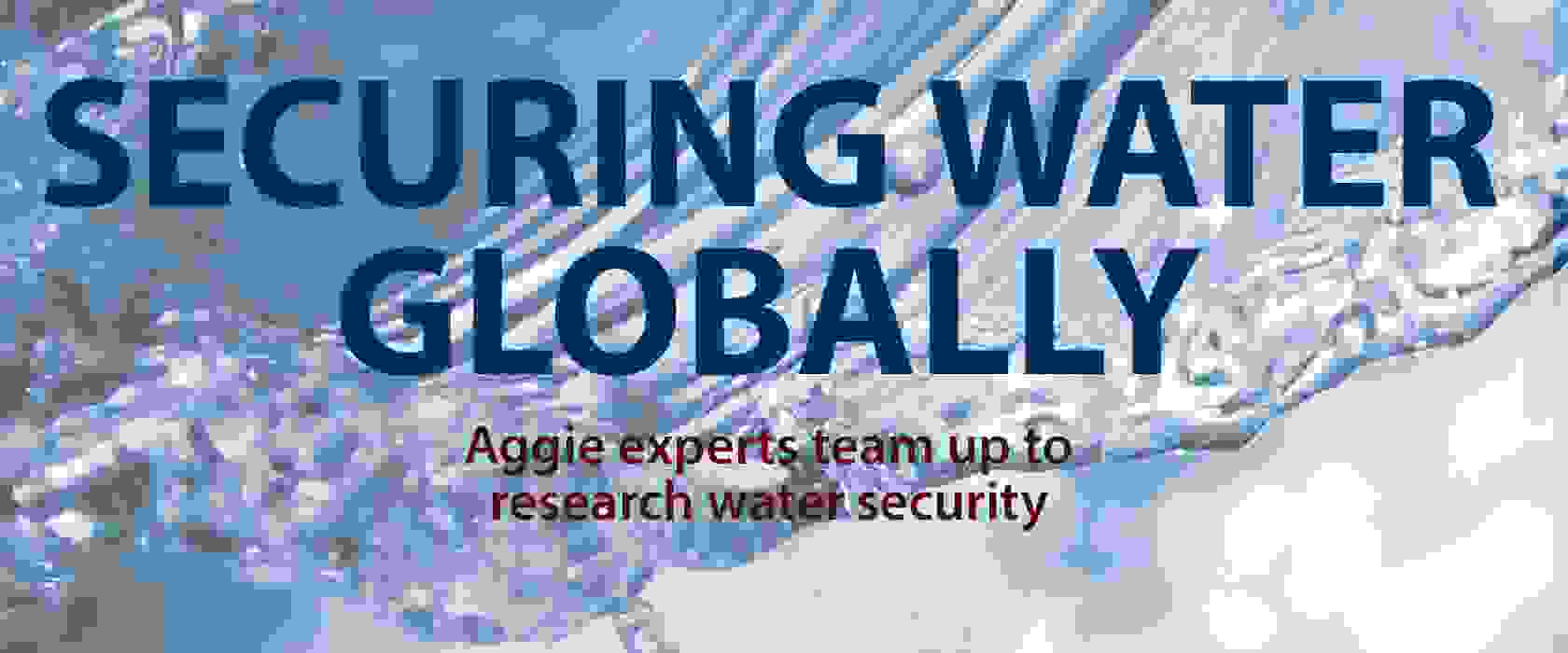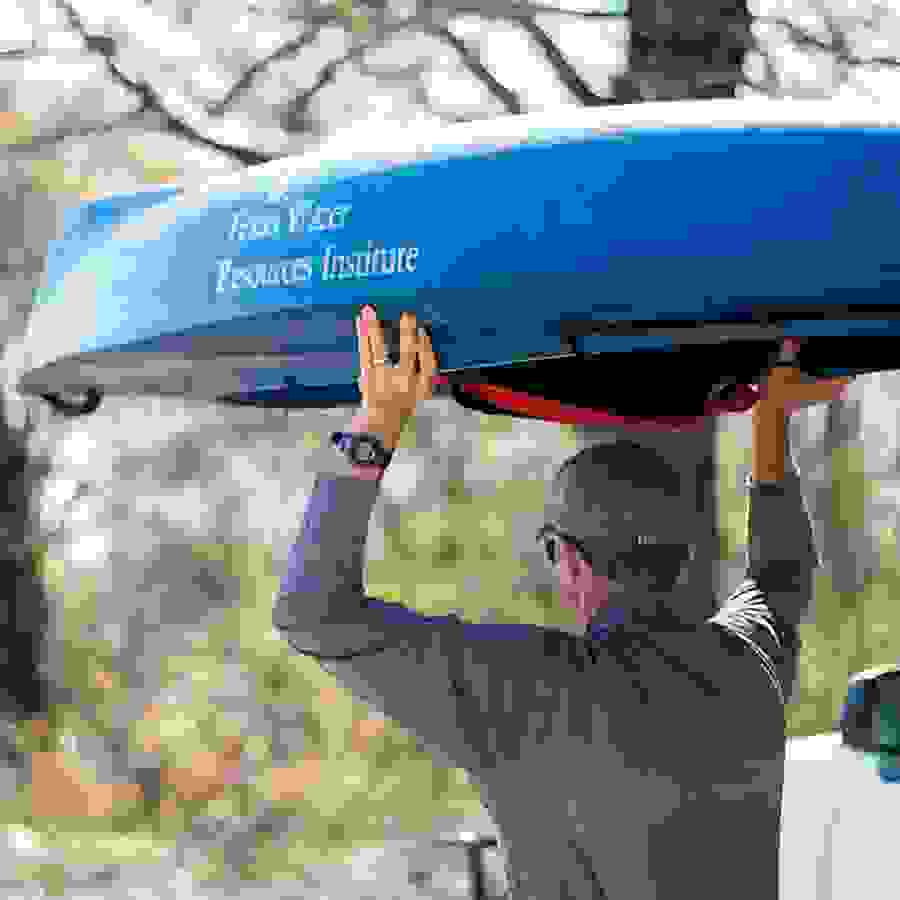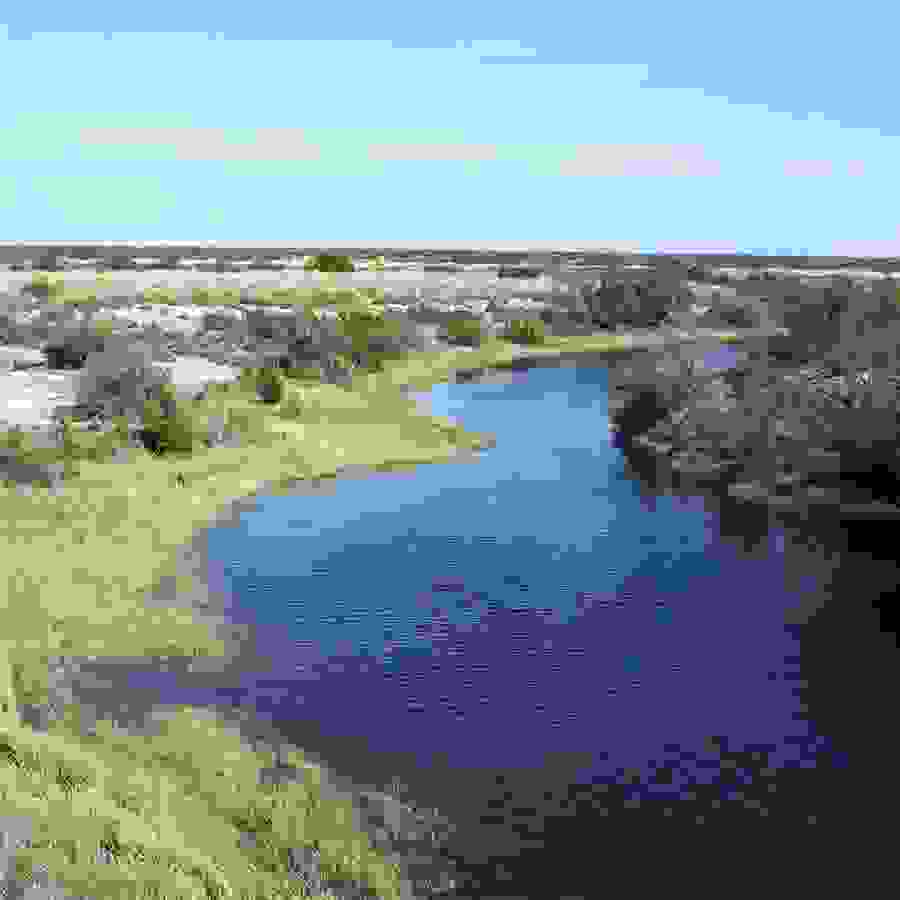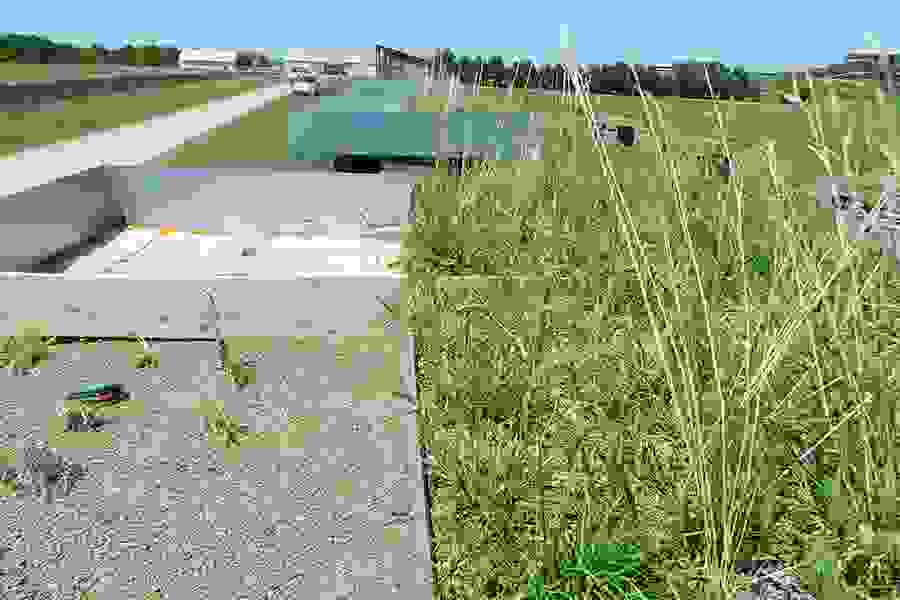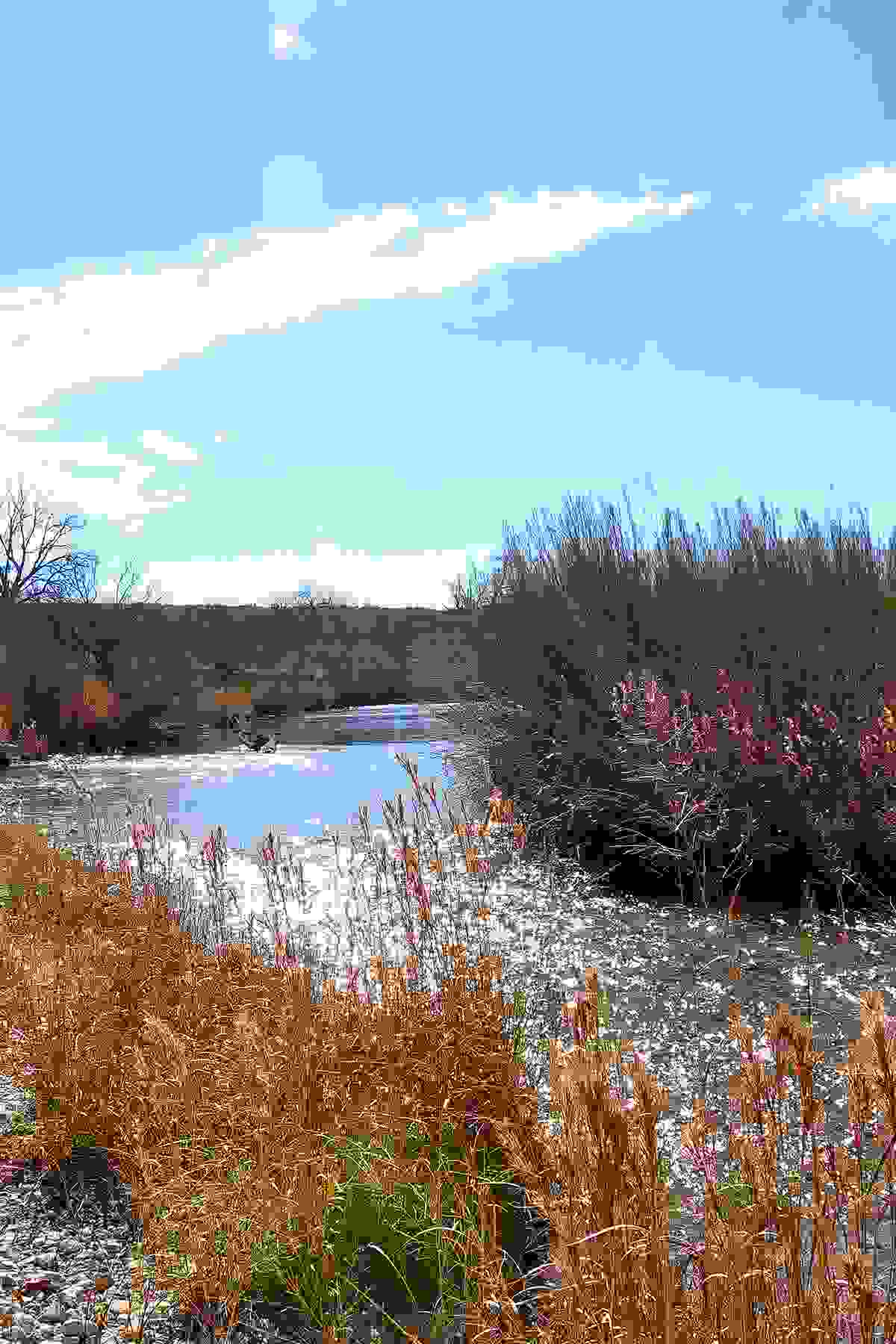Texas A&M University researchers from several disciplines are joining forces to study water security and all its implications through a universitywide Water Security Initiative.
The initiative is based out of the Institute for Sustainable Communities, an institute in the College of Geosciences, and is an embodiment of the Environmental Grand Challenge, according to Dr. Wendy Jepson, professor in Texas A&M’s Department of Geography and lead for the initiative.
Jepson said the initiative’s main objectives are to facilitate research, engagement and teaching around three challenges: water and sanitation security at the household level; water governance and security; and water security, resilience and climate change.
Through the initiative, Jepson said the university hopes to facilitate multidisciplinary research in those water security areas to make key advances in understanding how to ensure adequate, reliable, affordable water across the globe.
“We want to have an impact globally,” she said.
Other contributing members of the initiative include:
- Drs. Kathleen O’Reilly, Peter Knappett, Hongbin Zhan, Rodrigo Bombardi and Courtney Thompson and Judy Nunez, College of Geosciences
- Drs. Georgianne Moore and Rosario Sanchez, College of Agriculture and Life Sciences
- Drs. Kent Portney and Mary Hilderbrand, The Bush School of Government and Public Service
- Gabriel Eckstein and Vanessa Casado-Perez, School of Law
- Dr. Manuel Teodoro, College of Liberal Arts
- Dr. Jennifer Horney and Genny Carrillo, School of Public Health
- Dr. Kelly Brumbelow, College of Engineering
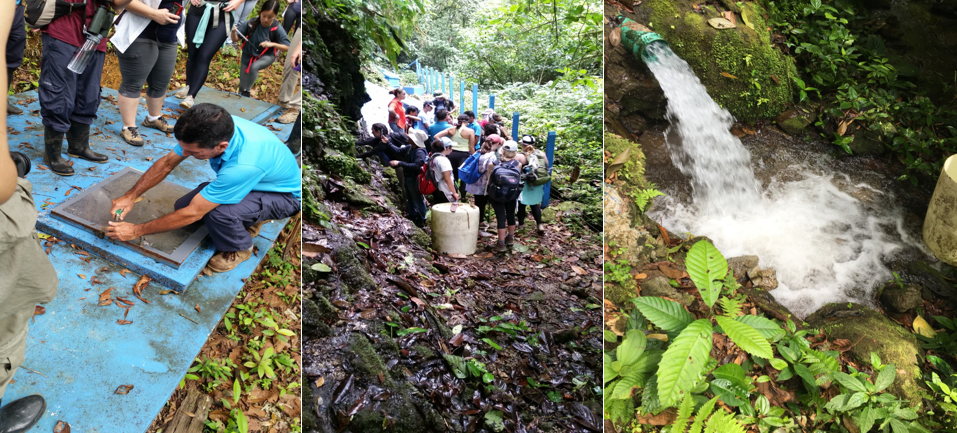
As part of the initiative, Jepson is studying household water security in the urban global south, particularly in Brazil and rural communities in Costa Rica.
She spent the 2017 spring semester in Brazil on a Fulbright Fellowship, teaching and conducting research as part of the Urban Water Provision Systems and Household Water Security in Northeast Brazil project, also supported by the National Science Foundation.
The three-year project involves intensive work in neighborhoods to understand households’ water access, affordability and reliability, as well as local adaptations for obtaining water.
Another activity under the initiative is a research group of Texas A&M and Texas Water Resources Institute scholars studying the governance of United States-Mexico transboundary groundwater and the related conflicts and cooperation. (See On the border, page 8.)
In the fall of 2016, the Water Security Initiative co-hosted a Re-imagining Household Water Security Research workshop in College Station with Arizona State University and Northwestern University, and attendees came from many other universities, including from the United Kingdom and Canada.
Jepson said the workshop was meant to form a collaborative working group of scholars around the area of water security metrics and assessment, a major knowledge gap in the field.
“The current state of knowledge has yet to offer a gold-standard framework for collecting, analyzing and reporting household water security information,” she said.
In August the Global Household Water Insecurity workshop was held at Northwestern University and another workshop is planned for June 2018 at Arizona State University.
The initiative also includes educating students through high impact service learning.
One course entails one semester of traditional study with students reading a water-related book and then a second semester of students traveling to Costa Rica to work with a local water provider to learn about water resource challenges in the country’s rural areas, Jepson said.
The group is developing a study abroad program for water security in Costa Rica that should launch in 2018.
“The students will follow the water all the way from the source to the coast, talking with various stakeholders, water users and water user organizations,” Jepson said, “so students have a better sense of thinking through the challenges of water in Costa Rica. Costa Rica is actually a fantastic place for students.”
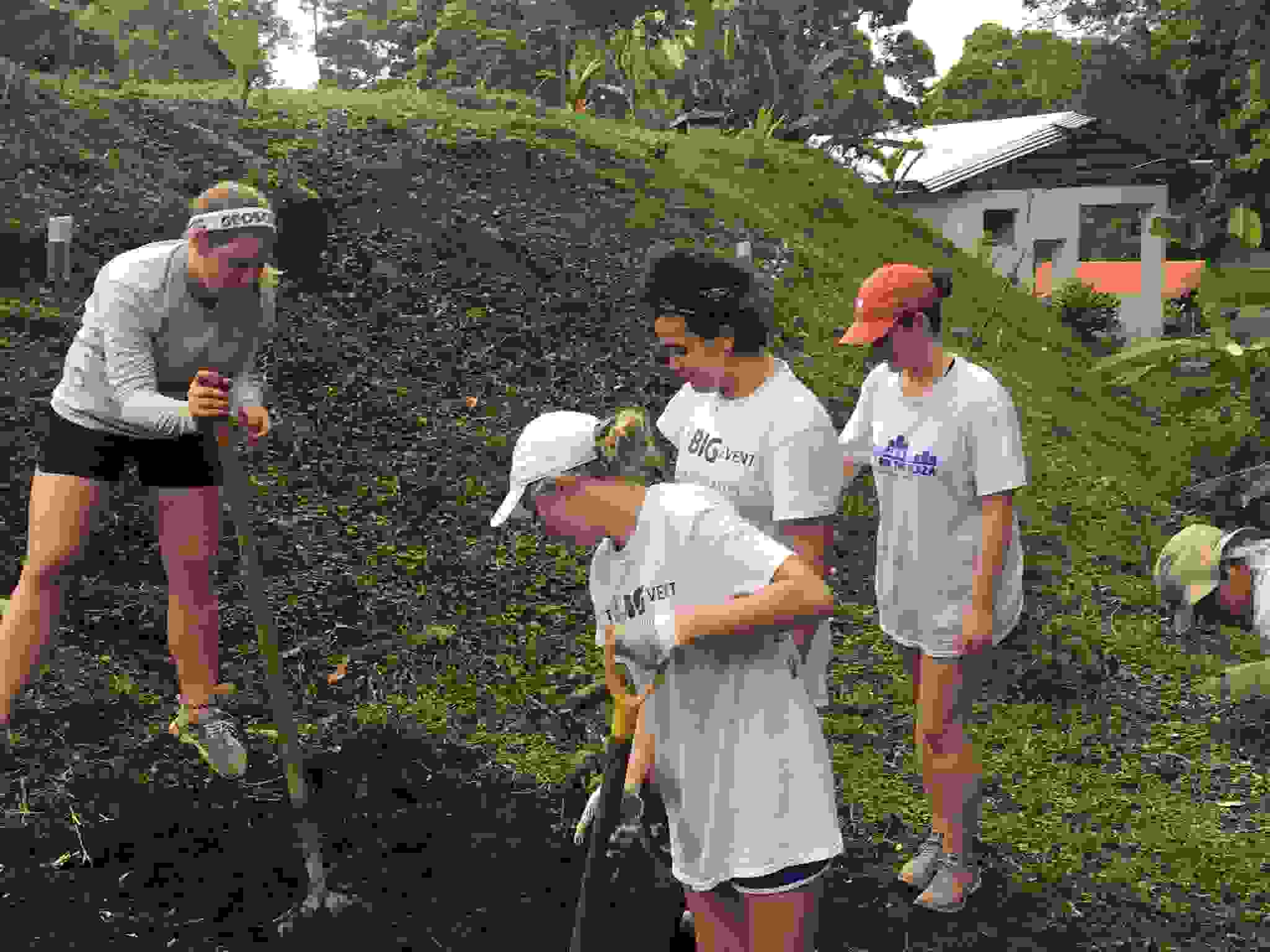
Even though the water security initiative has existed for less than a year, Jepson said the university is well equipped to research and eventually make a difference in this area.
“We have a critical mass of faculty and researchers who are at the cutting edge of some of the key questions that are raised when you talk about water security,” she said.
Jepson believes the university is at a crossroads with water security research.
“I really hope that the idea of water security is flexible enough to provide a space for a diverse set of faculty, researchers and students interested in these issues to come together,” she said. “There is something to be said about getting a critical mass of scholars in a room about topics that everyone is passionate about. You can change the world when you do that. We just have to find the right room, and I think we have found it with water security.”
More information about the initiative can be found on its website: h2osecurity.net.
Explore this Issue
Authors
As the former communications manager for TWRI, Kathy Wythe provided leadership for the institute's communications, including a magazine, newsletters, brochures, social media, media relations and special projects.

